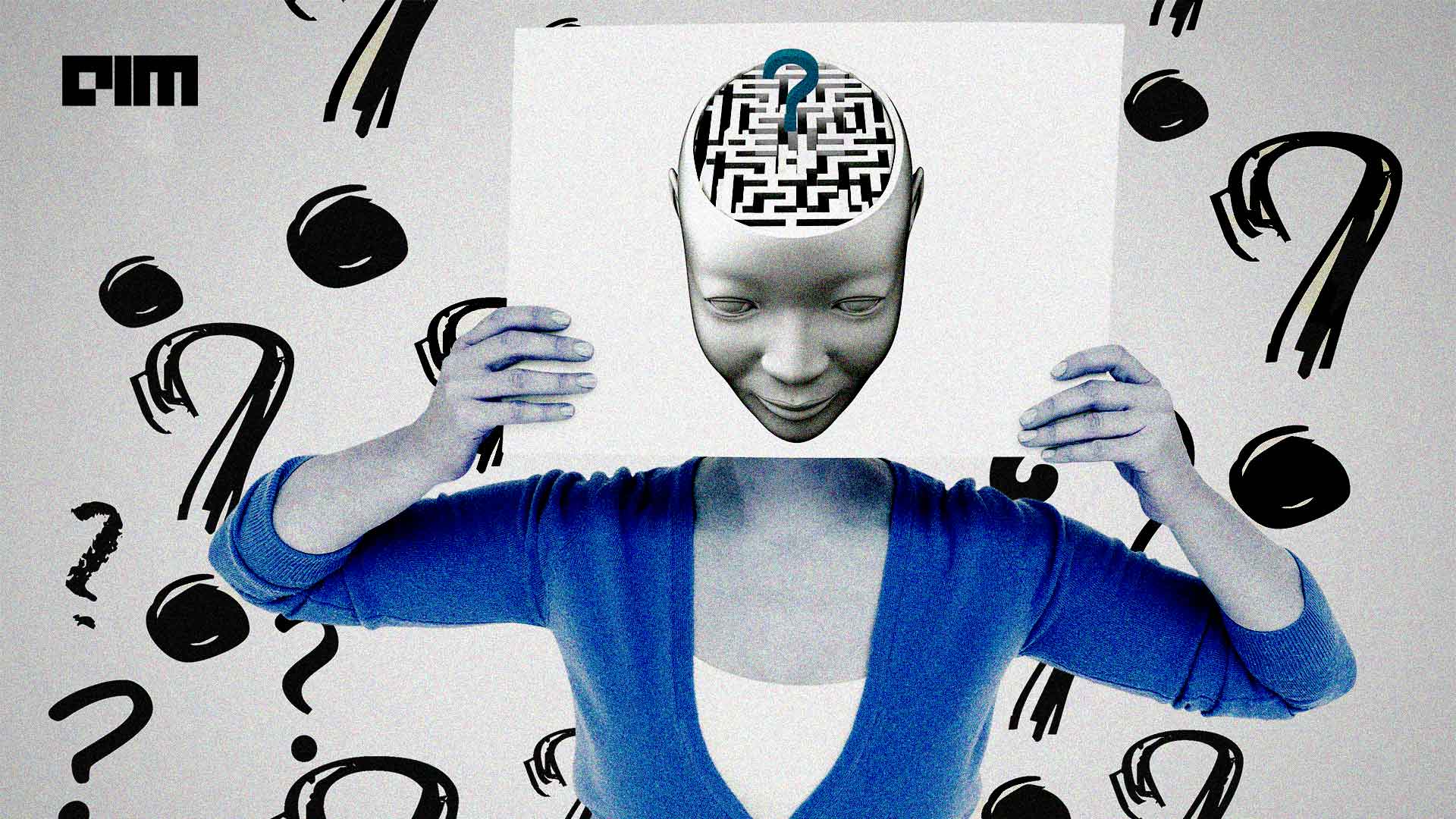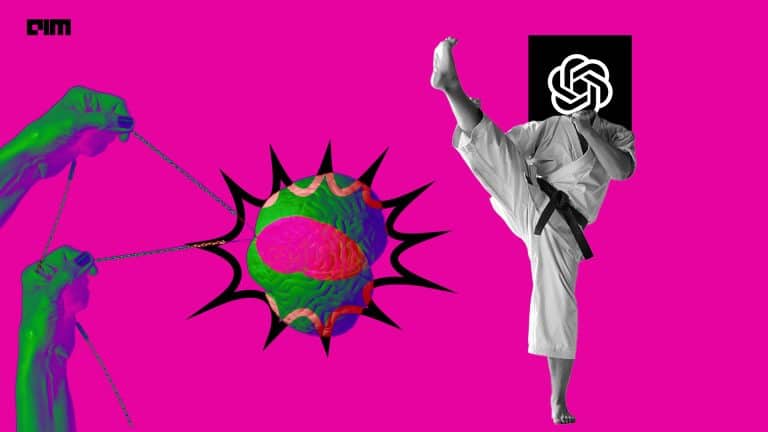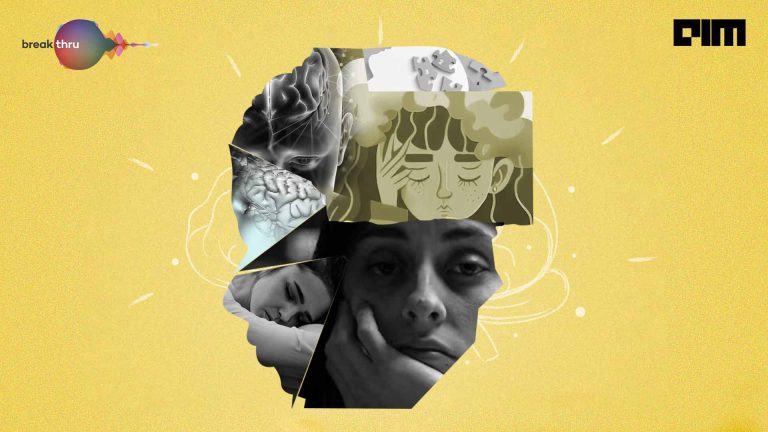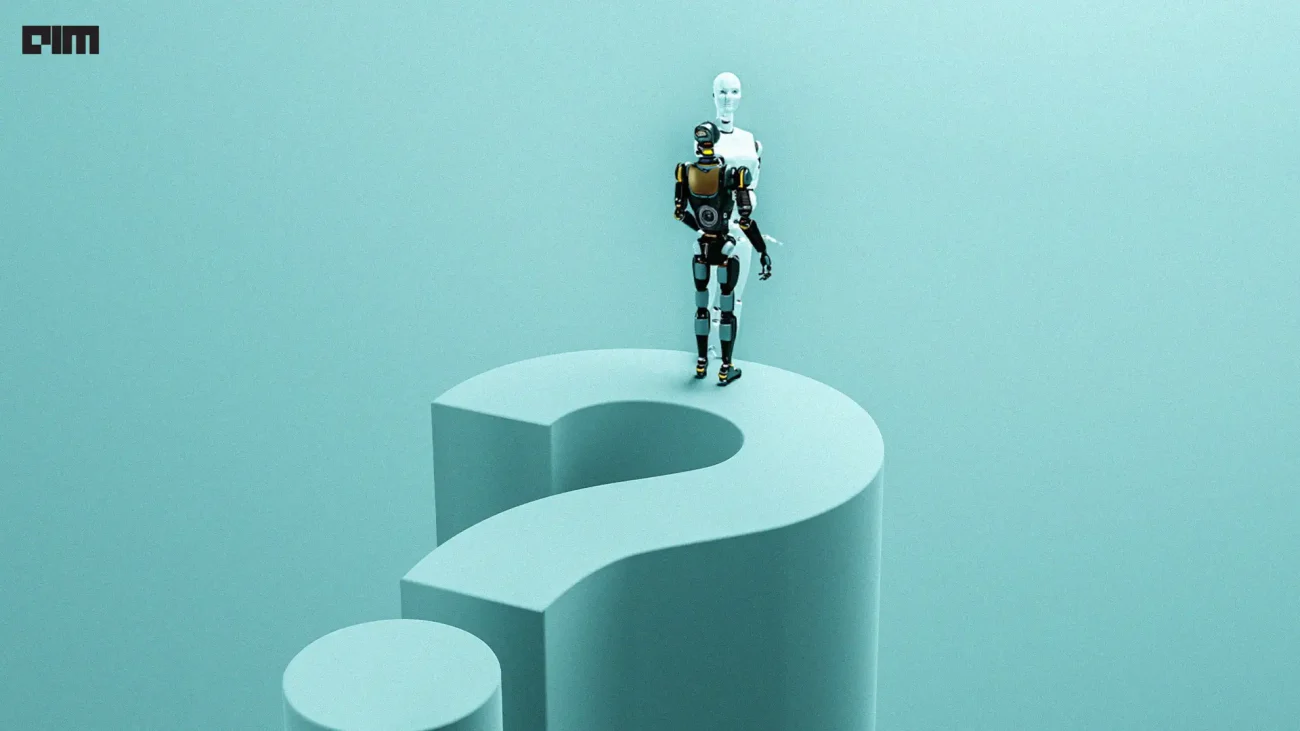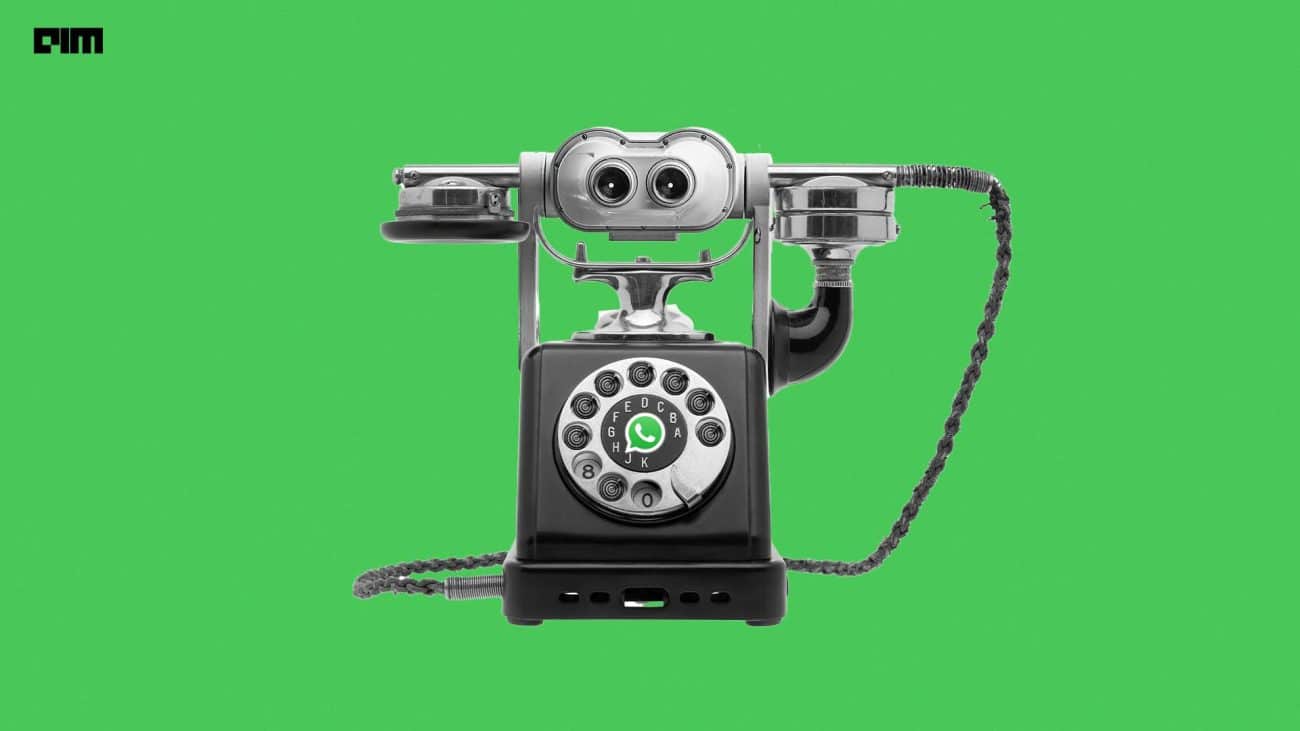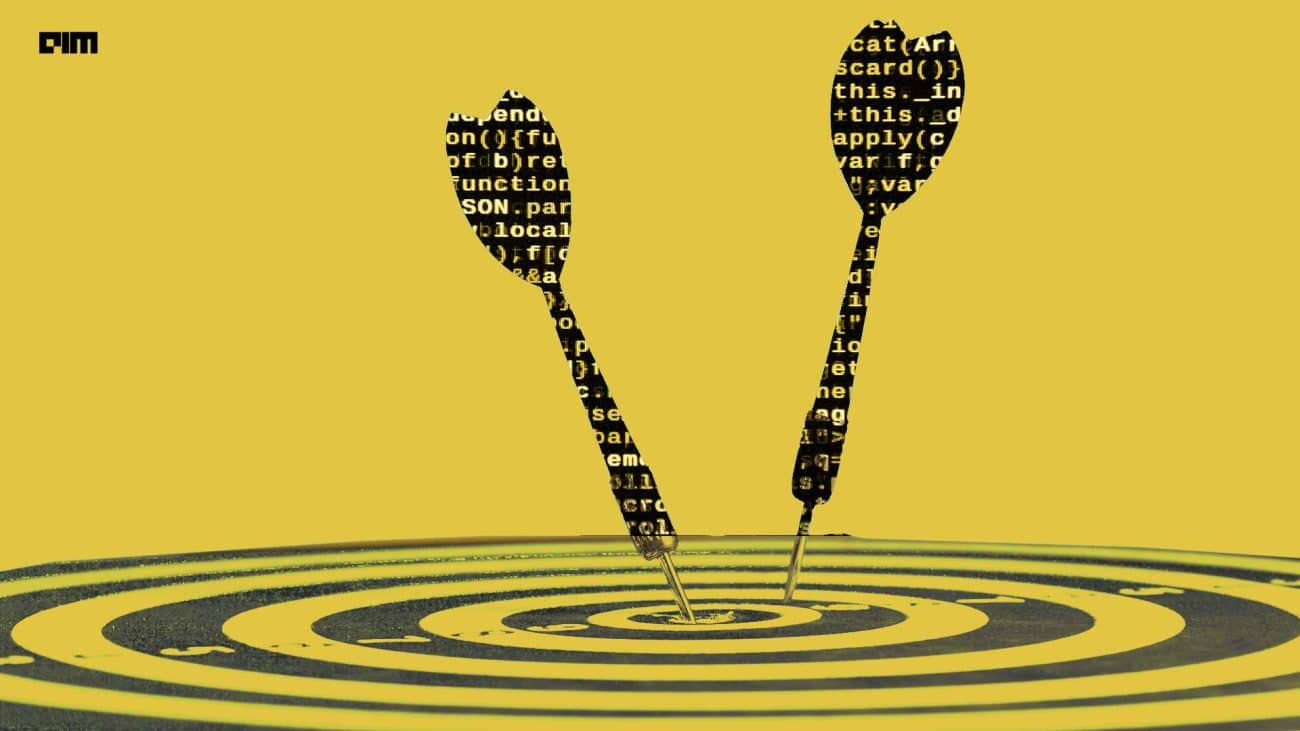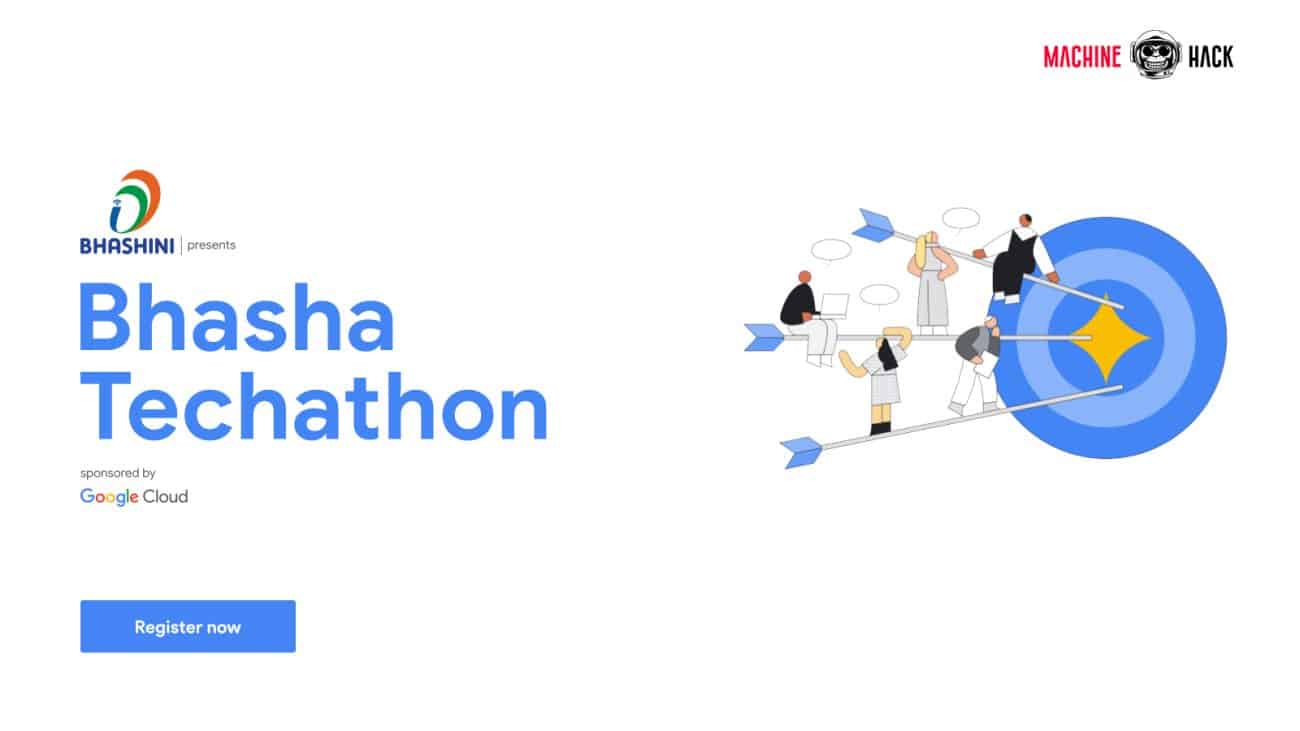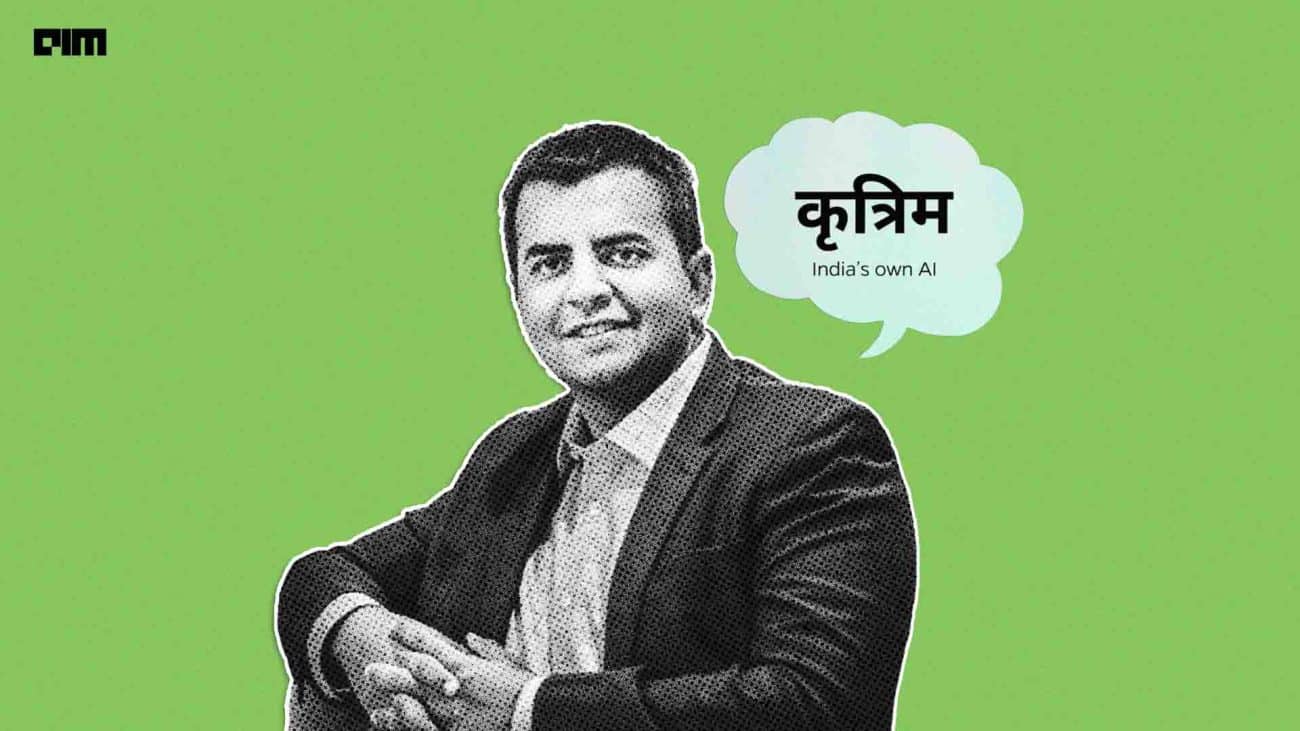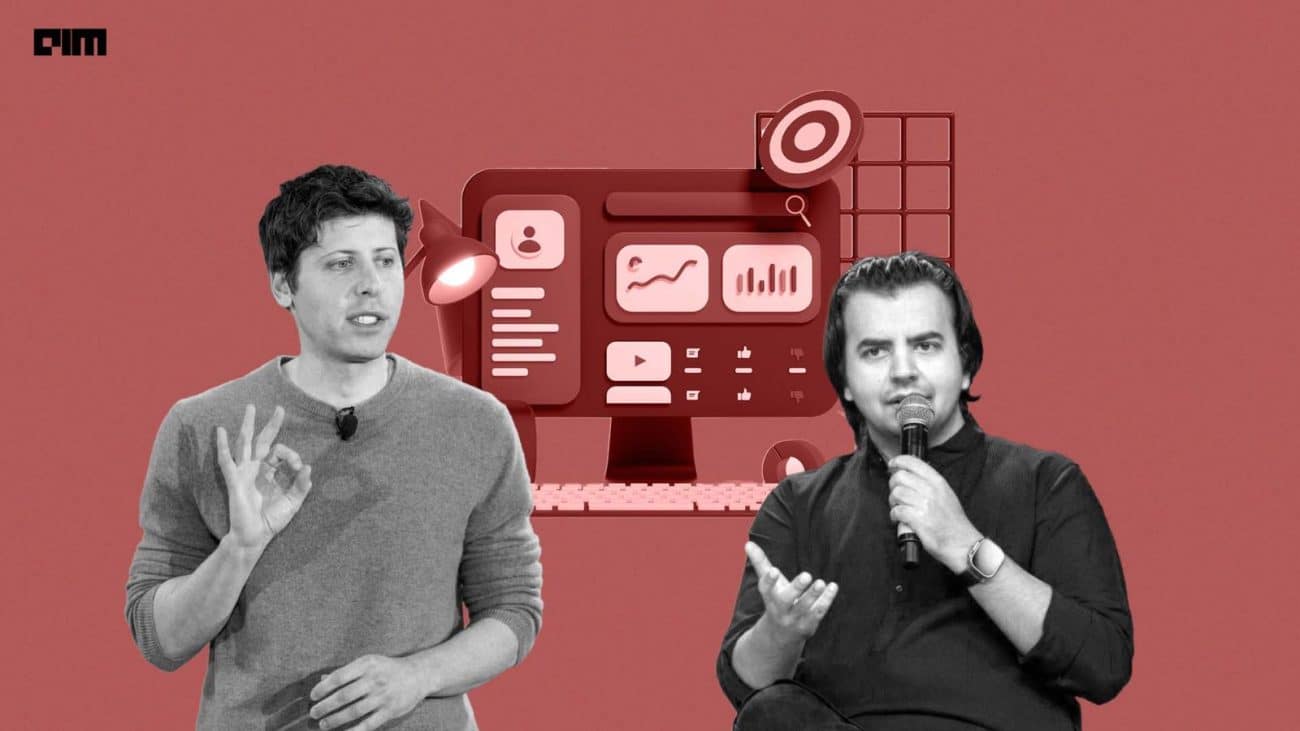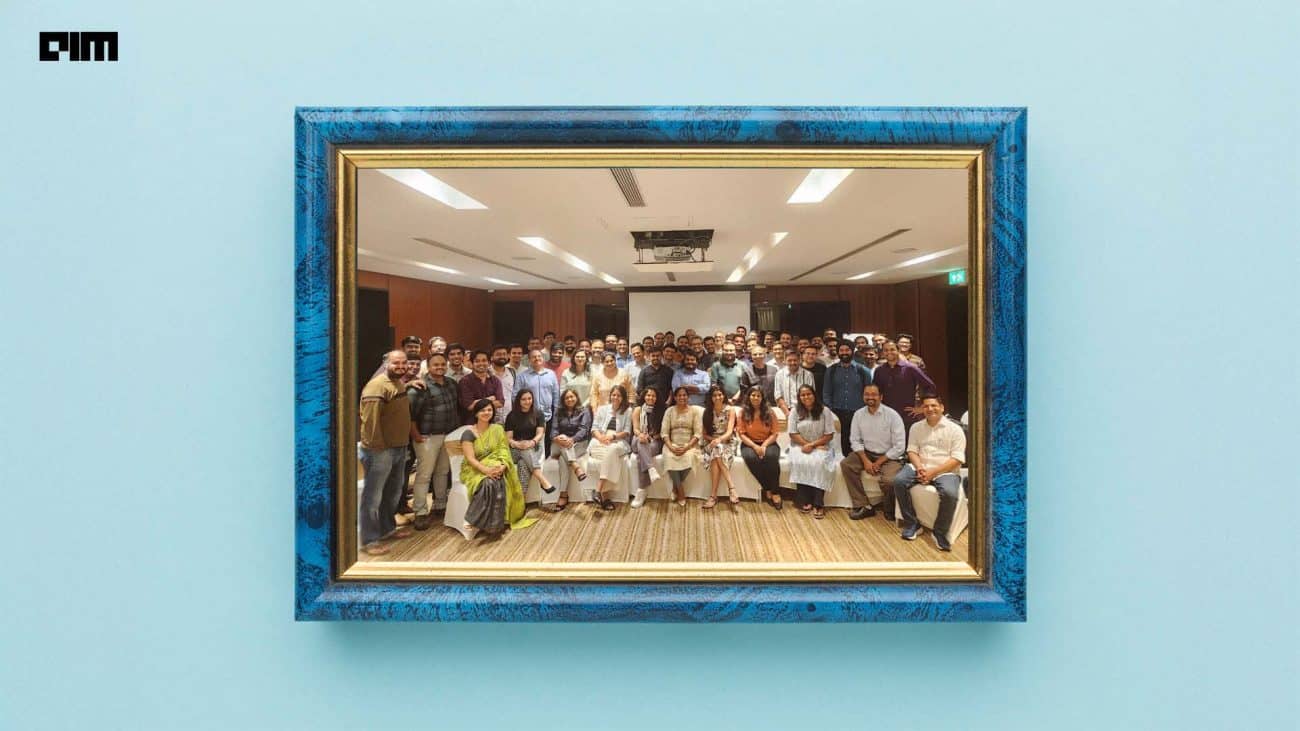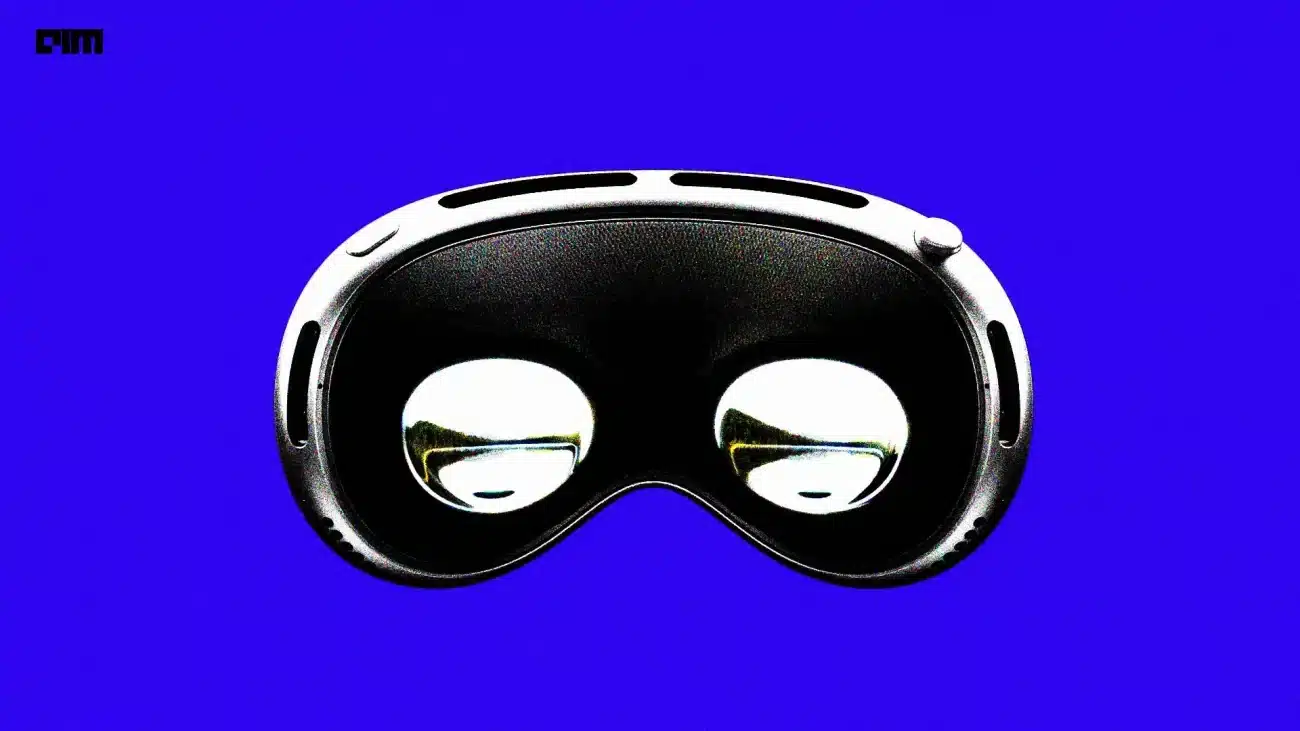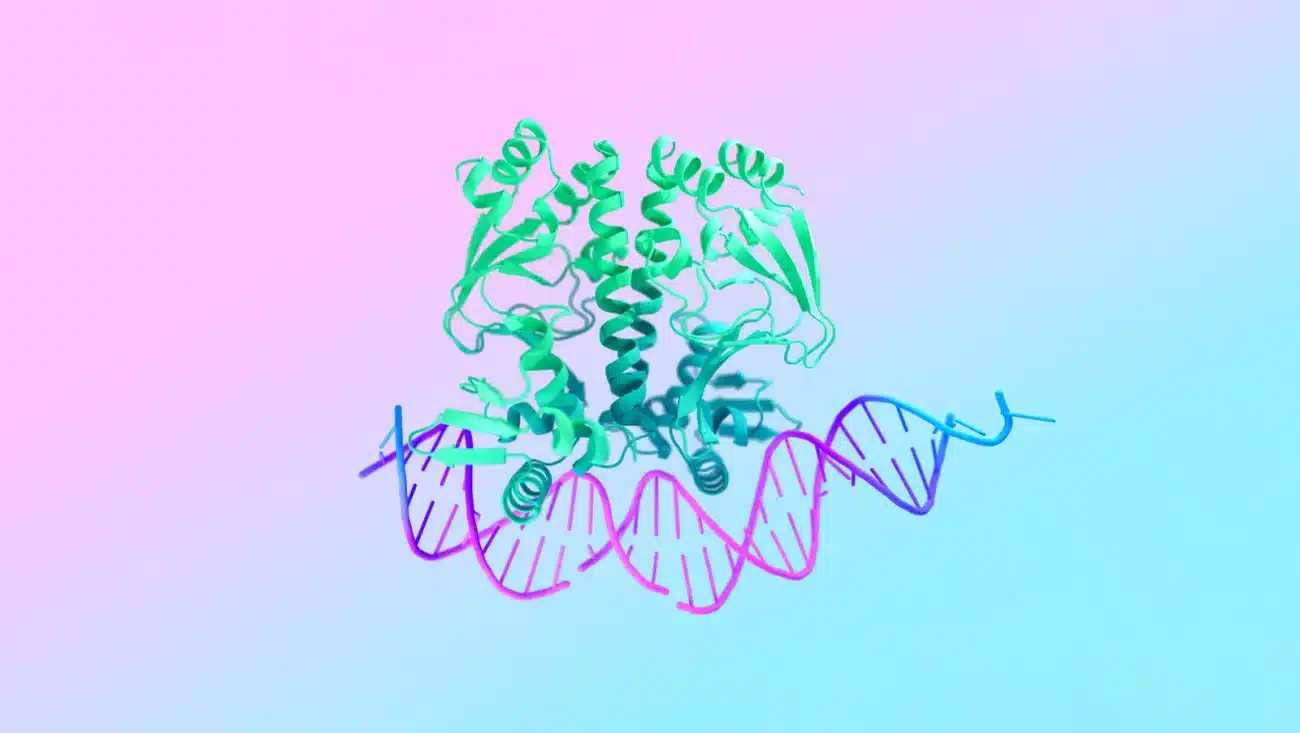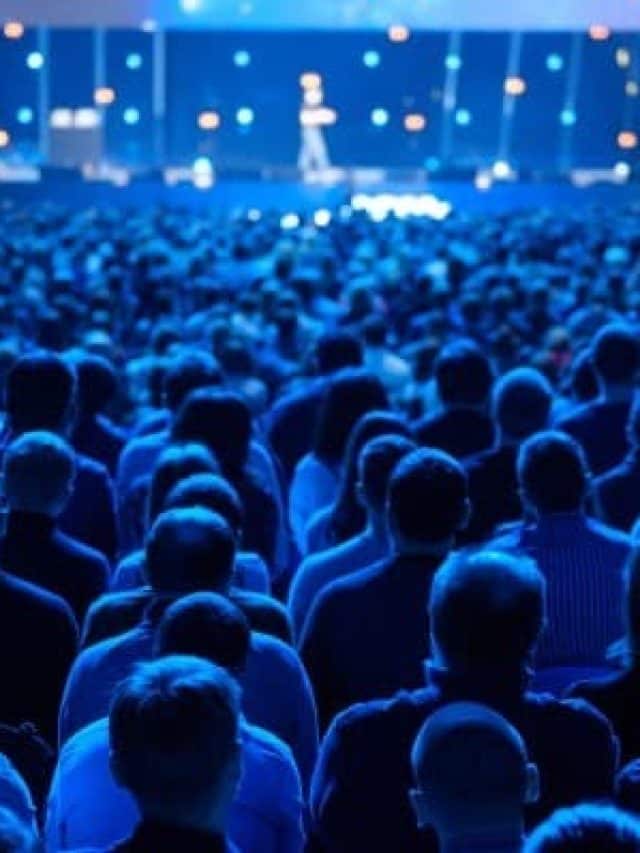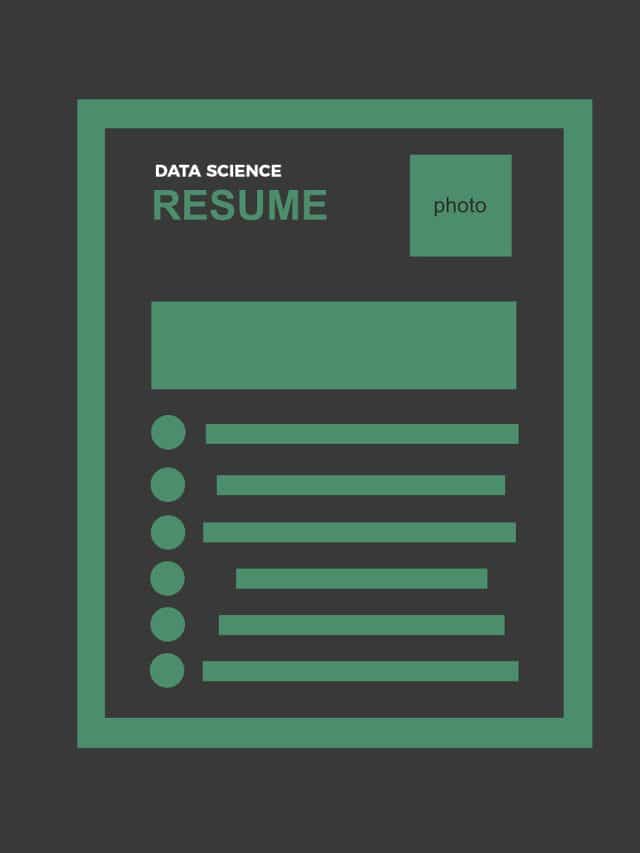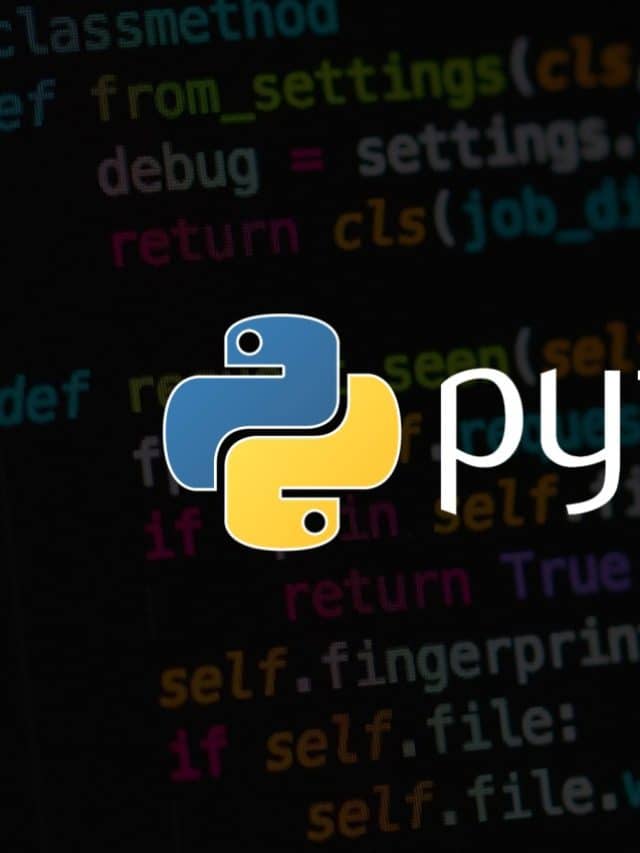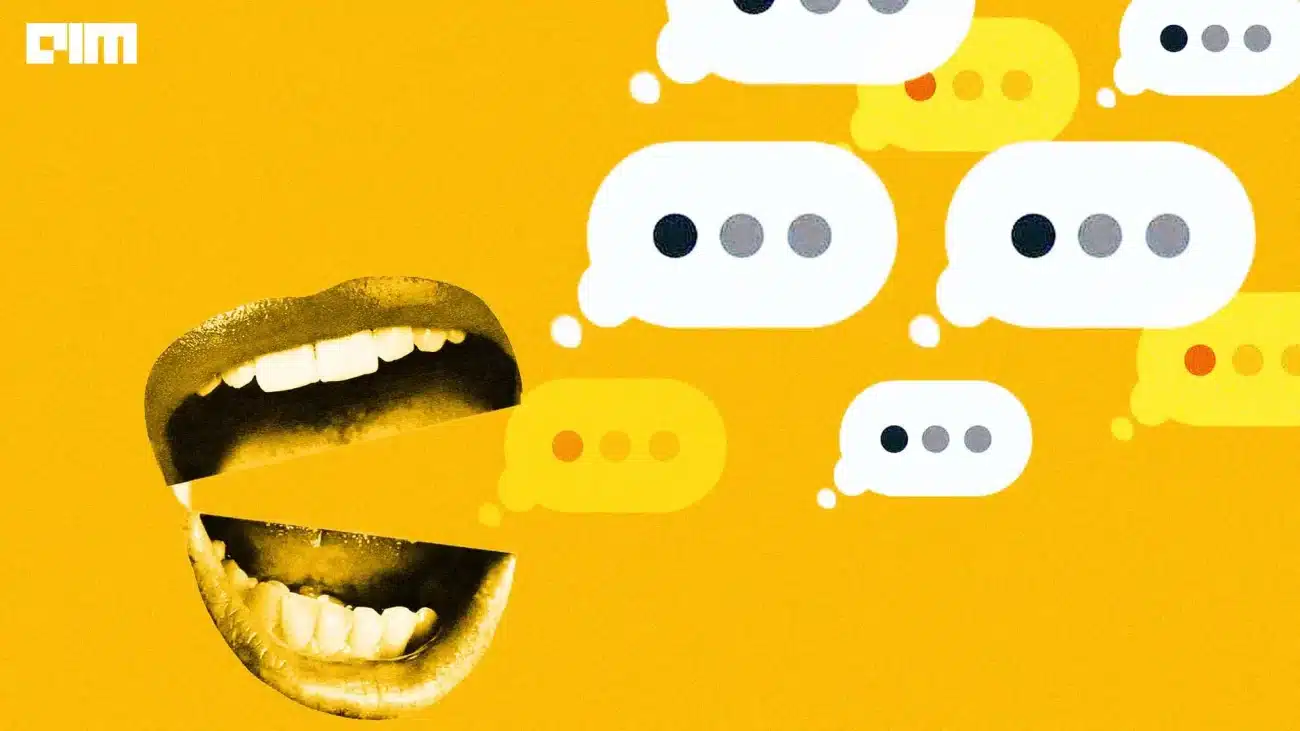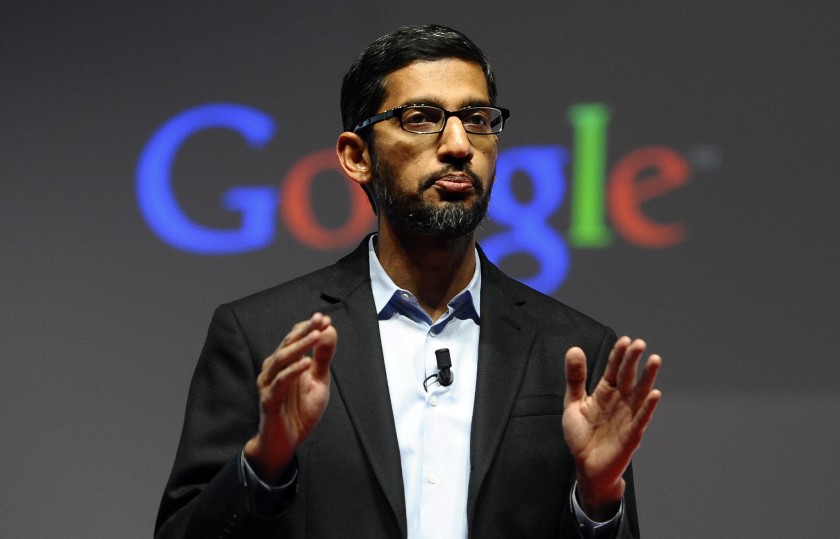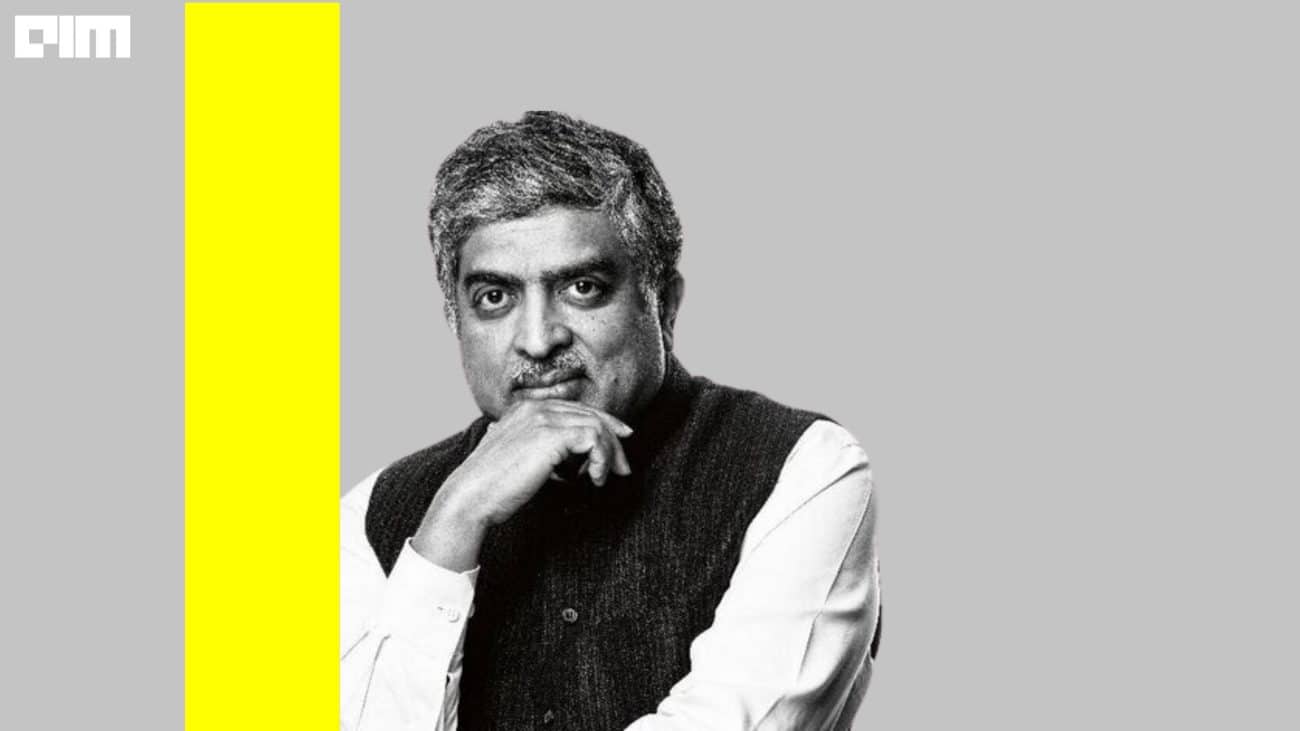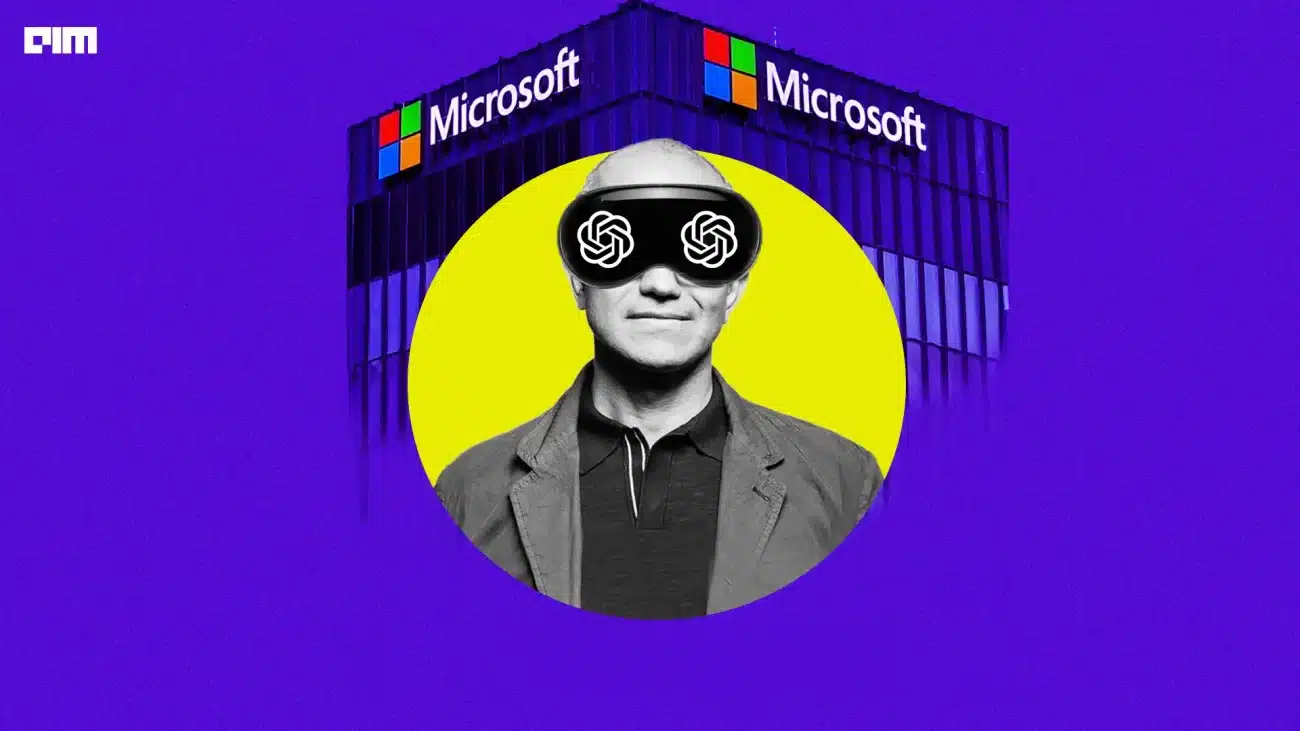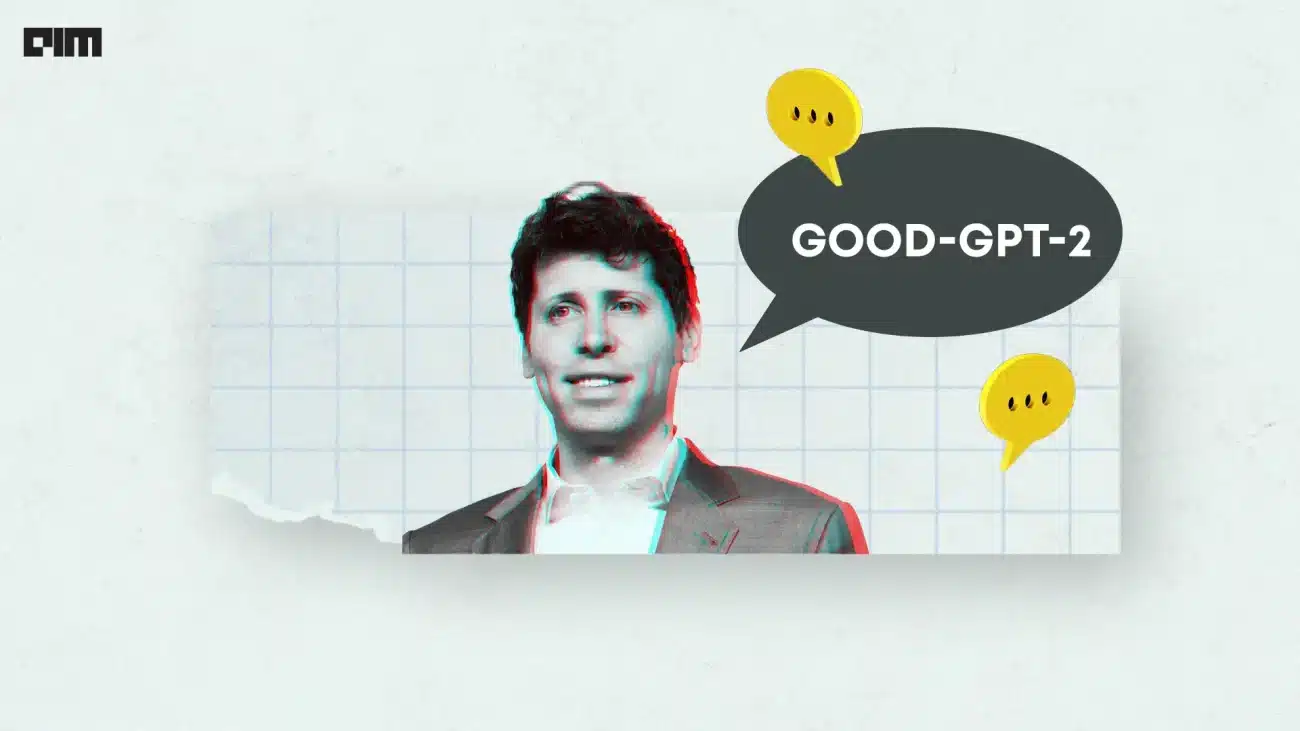|
Listen to this story
|
Her, a popular 2013 science-fiction Hollywood film, tells us the story of a man going through a rough patch post divorce, who later goes on to develop an emotional relationship with an AI-powered virtual assistant – Sam. The movie makes one think if and how AI can help people struggling with mental wellness.
A research published in the science journal Pervasive and Mobile Computing revealed that AI may detect mental health symptoms with over 90% accuracy. The research, based on a study with ten adult participants, used motion sensors to identify behavioural signs of anxiety.
Currently, India has about 300 mental wellness startups. For instance, Wysa offers a safe space to people battling mental health issues. Powered by artificial intelligence, the app promises to be “loyal, supportive and very private”, and encourages users to divulge their feelings about major events or big changes in their lives. The chatbot uses natural language processing (NLP) to understand and classify conversations, and then responds with compassionate solutions framed by therapists.
Similarly, another startup – YourDost – uses AI to cater to mental wellness, where it offers audio chats at affordable prices.
From the technology perspective, Google’s LaMDA (Language Model for Dialogue Applications) attempts to go beyond modern conversational agents (chatbots) to engage in a free-flowing conversations on seemingly endless number of topics and has the potential to mimic natural ways of communication with technology in the near future. Also, GPT-3 is being used as a tool for cognitive psychology to derive insights from human conservations aiming to improve mental health outcomes for people. For instance, Kokocares.org uses GPT-3 to assist people to enable peer-to-peer support services.
But, can AI really help?
Recently Shreya (name changed), a 29-year-old techie from Bangalore died by suicide after battling depression for the past few years. Meanwhile, a 45-year-old software professional killed his toddler and attempted suicide in the face of mounting debts. They were among many who took the drastic step after months, if not years, of suffering poor mental health.
The recent wave of mass layoffs and firings by firms is also pushing many into depression and paranoia. Avinash (name changed) – an employee at a prominent tech company in Bangalore that recently saw a wave of mass layoffs has been suffering from anxiety for the past few months. Anxiety, depression, sleeplessness, post-traumatic stress disorder (PTSD) and poor work-life balance are some of the many issues affecting the mental health of an individual.
What psychologists say
Mental health professionals and clinical psychologists agree that tech can be a facilitator to receive support but cannot be a solution and when it comes to mental health, human-to-human interaction is key.
Abhishek Bapu, a mental health professional, who offers counselling services at the Samadhana Counselling Centre in Bangalore, said: “Human interaction is the answer to addressing mental health concerns. Technology can help identify symptoms pertaining to a condition but if it is triggered by an underlying cause or event, it can only be effectively identified and addressed by a mental health professional.”
Another Bangalore-based psychologist, Gayatri Sen, says that “AI can facilitate diagnosing symptoms and connecting to available resources, but when it comes to seeking help one needs to really reach out to a clinician.”
Experts feel that while there are a host of user-friendly apps to monitor and promote mental well-being, there is not much information on their effectiveness. This is more so because there are no check-lists or rules for choosing a mental-wellness application. They add that many of these apps do not even have peer-reviewed research to support their claims and it is rare that an app undergoes a randomised and controlled research trial to test effectiveness.
As per an ASSOCHAM 2015 report, one in two Indian employees suffer from chronic stress and 60% do not show any symptoms while a whopping 90% do not seek any treatment.
Since research on the use of AI in mental health is still in its nascent stage, experts suggest, when considering the role of AI in medicine, it is very important to do a thorough risk-benefit analysis on specific application and whether the benefits can be replicated in the real world.
AI has a huge potential in facilitating mental well-being — especially with the all-pervasive use of smartphones. The tools, if designed well and in collaboration with medical professionals, can actually facilitate early detection and evaluation and even suggest treatment options.


